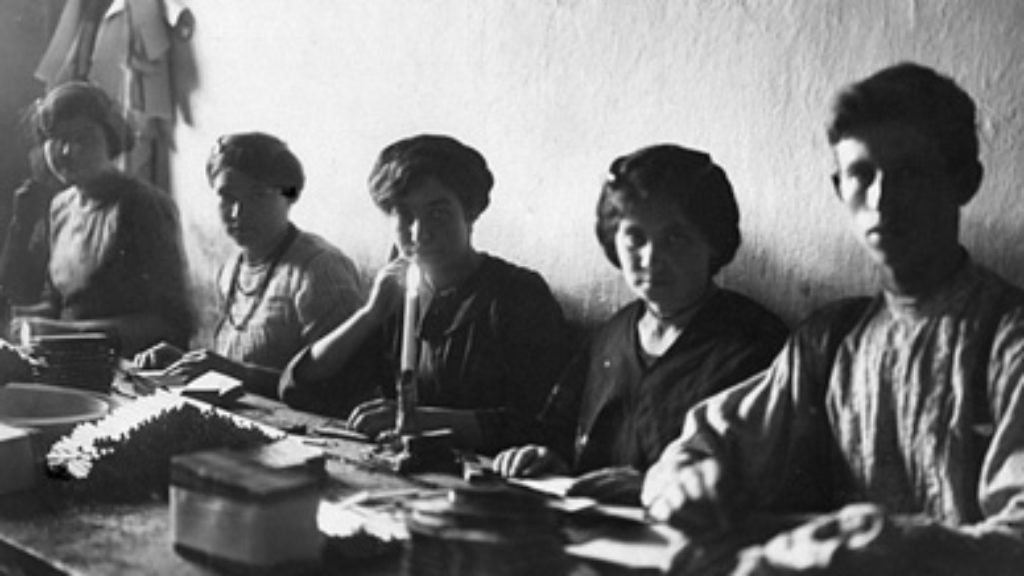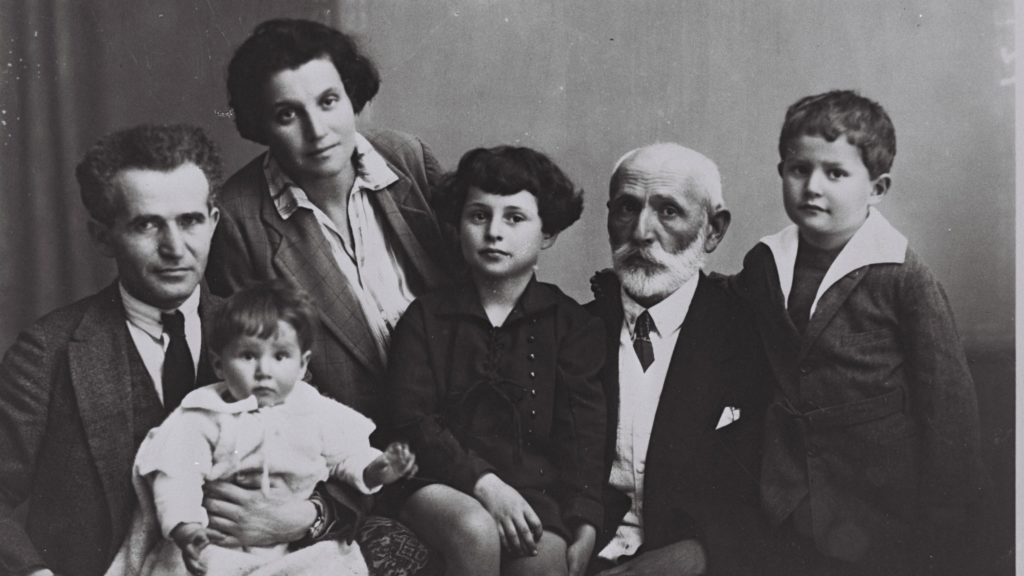Leon’s Roar
A new book explores Leon Modena's crusade against Kabbalah in 17th-century Italy.
Letters, Spring 2012
The Bimah Takes Center Stage and Chutzpah or Khezbh'n hane'fesh?
New Thinkers, Old Stereotypes
Moshe Idel is heavy on melancholy, not to mention surprising claims about the scholars of Western Europe.
President Grant and the Chabadnik
In 1869, President Grant received an unexpected visitor at the White House: Haim Zvi Sneersohn, a flamboyant and eccentric Chabad emmisary from Jerusalem. Bedecked in what The New York Times described as an "Oriental costume" consisting of a "rich robe of silk, a white damask surplice, a fez, and a splendid Persian shawl fastened about his waist," he strode self-confidently toward the president. Grant instinctively rose to greet him.

Questioning in the Darkness
A century ago, S. Ansky (Shloyme-Zanvl Rappoport) assembled thousands of questions for a survey directed at shtetl residents in the Russian Empire's Pale of Settlement. A new book examines this fascinating survey.
Singing Gentile Songs: A Ladino Memoir by Sa’adi Besalel a-Levi
Sa'adi Besalel a-Levi's memoir of life in 19th-century Salonica provides a rare and intimate glimpse into a lost Ottoman Jewish world. Sa'adi was an accomplished singer and composer and a printer who helped to found modern Ladino print culture. He was also a rebel who accused the leaders of the Jewish community of being corrupt, abusive, and fanatical. In response, they excommunicated him—frequently, capriciously, and, in the end, definitively—though with imperfect success.

The Statesman
Israel's president writes a biography of that country's first prime minister.
What a Friend We Have in Jesus
A new crop of books about Jesus, by Jews and for Jews.

A Murder in Queens
The murder conviction of Marina Borukhova in 2008 shocked the Bukharan Jewish community of Forest Hills. But many questions remain unanswered.

A Tale of Two Synagogues
Frank Lloyd Wright built a dazzling temple outside Philadelphia. Too bad he didn’t look closely at the synagogue of Gwoździec, Poland, built two hundred years earlier.